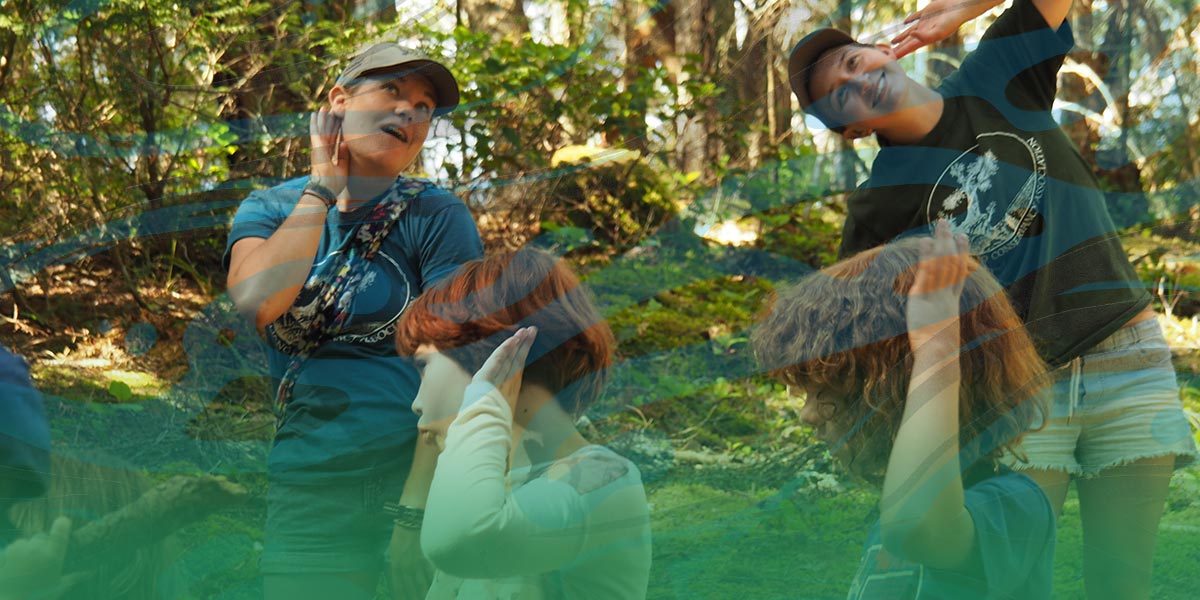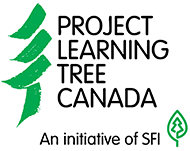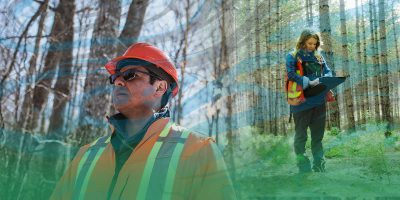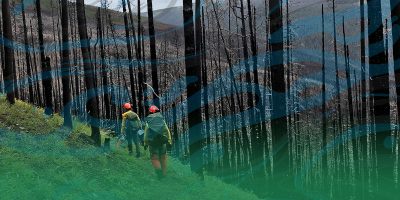Career Fact Sheets
Environmental Educator Sydney Welsh taught kids about nature as an Environmental Educator for Galiano Conservancy, in Galiano, B.C. Photo: Galiano Conservancy, a PLT Canada Green Jobs employer Environmental educators love helping people understand nature and their relationship to it. They speak and write well and are good at getting their messages across. They provide facts, answer questions, and lead interactive activities, like games, field trips, hikes, and workshops. Environmental educators often make presentations outdoors. Forests and camps are their classrooms. They also spend time doing research to make sure their content is factual and relevant. Similar positions to an environmental educator
Is it right for me?Environmental educators work with people of all ages and education levels. This means they often have to adapt to new situations and scenarios. Flexibility and adaptability are important skills, as are friendliness and an ability to communicate well. Take our Green Jobs personality quiz Environmental educator salarySalaries are consistent throughout an environmental educator’s career, at between $38,000 and $47,000 per year. Environmental educator education*Environmental educators must have a degree in education, environmental science, environmental studies, or a related field. In high school, take science, biology, social sciences, math, and geography. College
University
*Not a complete list of resources. More resources |






